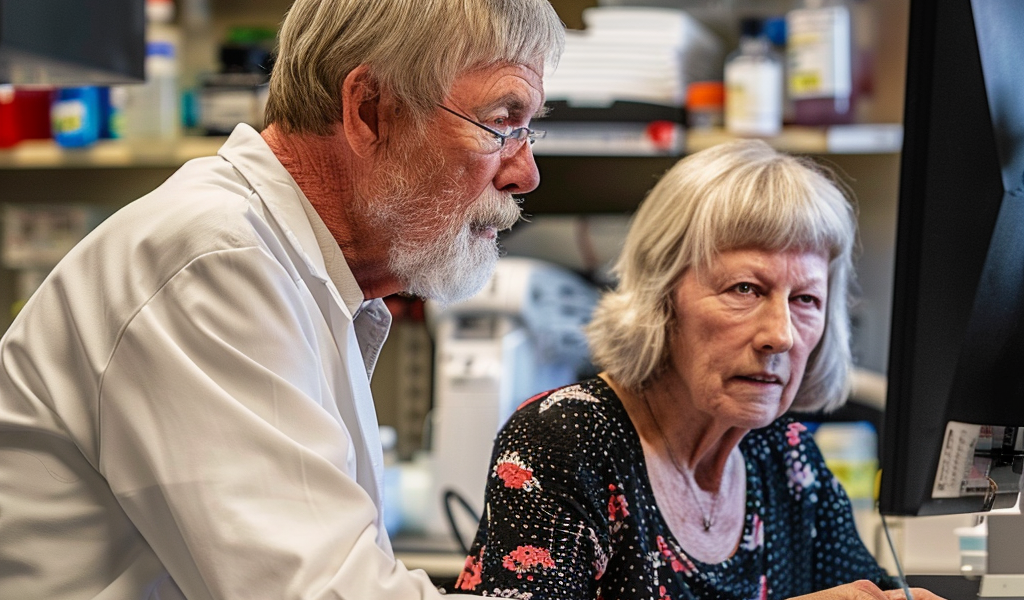Clemson University researchers are making strides in the field of personalized medicine, shedding light on complex and often overlooked aspects of human genetic traits. In a newly published review paper on pleiotropy and epistasis, genetics researchers Trudy Mackay and Robert Anholt aim to provide a comprehensive framework for the development of precision medicine.
Pleiotropy, the phenomenon where a single gene affects multiple traits, has been identified in humans through sophisticated genome-wide association studies. According to Mackay, these studies have revealed intriguing associations, particularly in psychiatric genetics. The shared features of genetic architecture between disorders such as schizophrenia, bipolar disorder, and Parkinson’s disease offer new biological insights into potential common disease processes.
Furthermore, laboratory testing has shown pleiotropy to be prevalent in model organisms such as fruit flies, mice, roundworms, and yeast.
Epistasis, characterized by non-additive gene-gene interactions, is another key focus of the researchers. An example cited by Mackay is how a baldness gene can interact with genes for blonde or red hair in men. While epistasis is frequently identified in laboratory experiments on model organisms, it is rarely observed for human quantitative traits and common diseases.
According to Anholt, the article aims to address the limitations of previous medical studies, particularly the tendency to overlook epistasis and naively assume that the effects of individual genes can be added together to understand genetic risk for diseases like diabetes or cardiovascular disease.
By providing a comprehensive understanding of pleiotropy and epistasis, the researchers hope to pave the way for new approaches in the development of personalized medicine, ultimately leading to more effective and tailored treatments for individuals.





